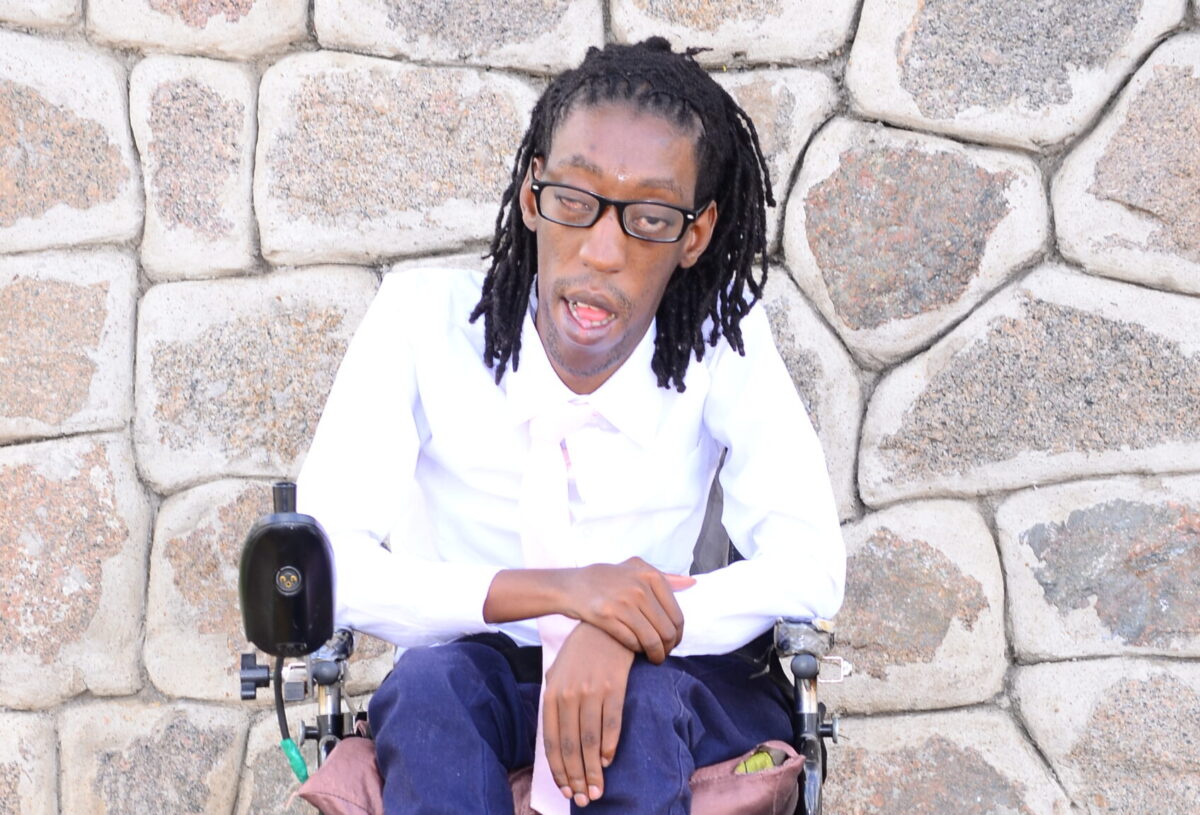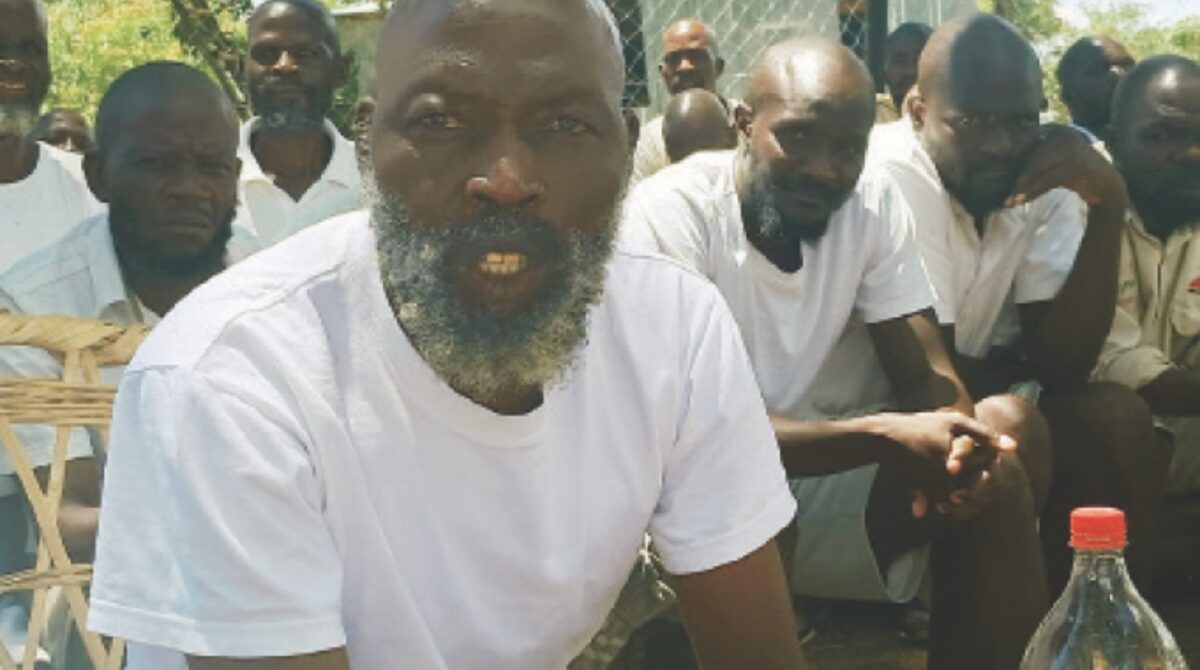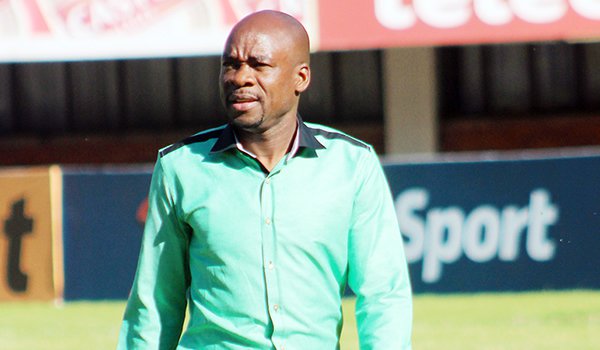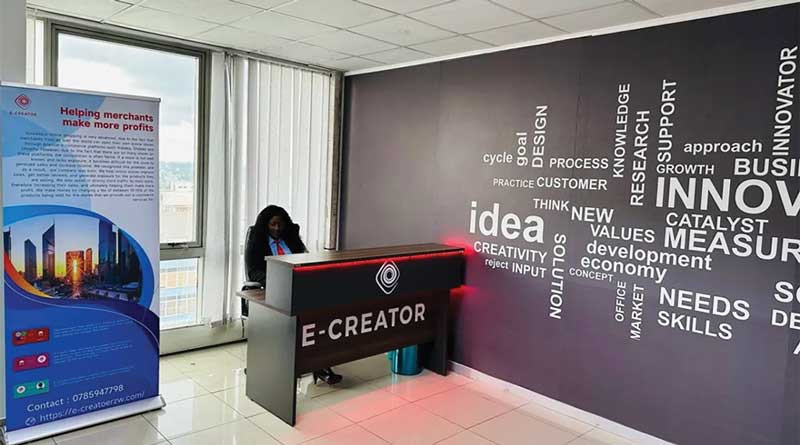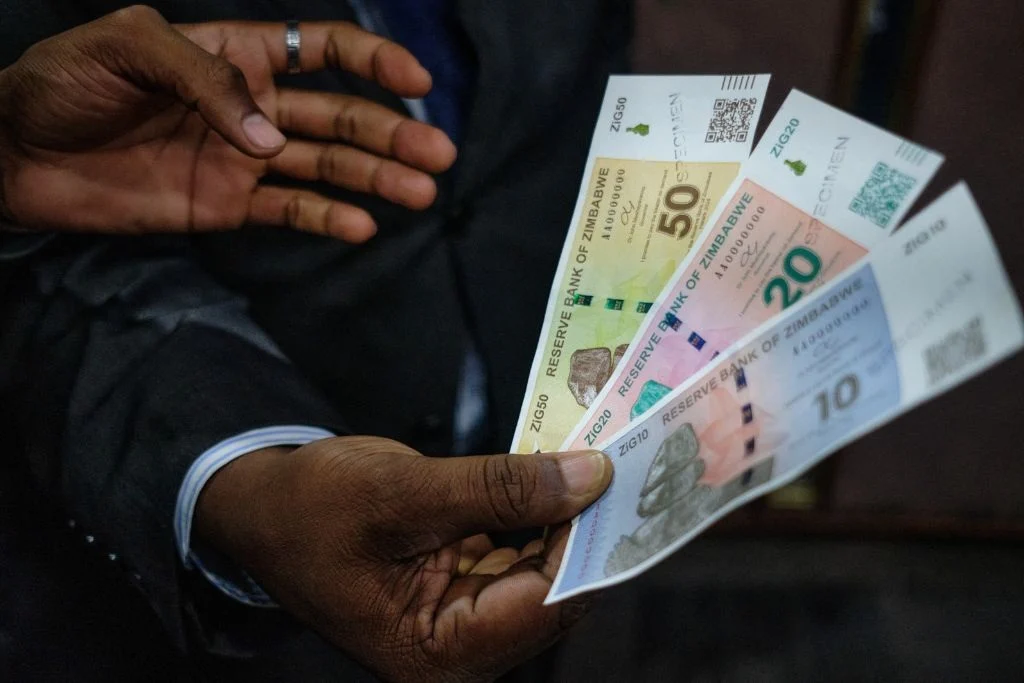HARARE – The progressive and bold stance taken by United Nations General Assembly to set aside a day to celebrate, honour and reflect on the steps taken to promote and protect the rights of Persòns with disabilities signified a new era.
What became icing on the cake was that the prestigious Jewel of Africa, Zimbabwe, had earlier that year promulgated a pro-disability legislative framework which has come to be known as “The Disabled Persons Act” Chapter [17:01].
Thirty-one years later, the struggle for recognition, equality and inclusion still continues, yet the vision, values and principles that encompass the struggle are still relevant.
The dream is still as fresh as daisy, but the question remains; will its gains be fully enjoyed by persons with disabilities?
People with disabilities remain driven by the theme: “United in action to rescue and achieve the SDGs for, with and by persons with disabilities”.
This year’s theme appeals to the lived realities of persons with disabilities in Zimbabwe.
It’s a moment to reflect, rethink and reenergise towards achieving the shared vision encompassing the struggle.
Poverty, vulnerability and exclusion have remained perennial attributes of disability.
Needless to emphasize, how difference in mankind has been seen as omens or prodigies alluding to divine punishment for sin.
As we commemorate this important day, this aspect of our past must not be lost or be erased as it continues to dictate and inform society’s attitudes towards disability.
In the midst of adversity, Persons with disabilities have continued to shine like the moon in the darkest hour.
The enactment of a Disabled Persons Act ushered in the national disability board which prescribed rehabilitative and accessibility issues.
These developments were complemented by huge achievements in the area of education which has led to Persons with disabilities in this Southern African country being regarded as one of the most educated segments of society in Southern Africa and the continent.
The Ministry of education has registered tremendous strides in the field of inclusive education, with a number of policy measures including key legislation meant to cement the inclusion of children with disabilities in Zimbabwe’s school system.
The constitution of 2013 further cemented disability inclusion by prohibiting discrimination against persons with disabilities as well as granting them a number of rights including the right to self-representation, social security, access to information, political participation among other.
This saw the reservation of two seats in the Senate in order to guarantee representation of persons with disabilities.
The election of two senators to represent the community of Persons with disabilities in parliament first took place in 2013. This signalled Zimbabwe as a country with best practises towards striving for inclusion.
With the advent of the second republic, the above milestones were fast-tracked and accelerated, with giant steps being taken to consolidate the national disability inclusion agenda.
This saw the appointment of the late National Hero, comrade Joshua Malinga as the presidential advisor on disability issues in 2017, (may his soul rest in eternal peace).
The new dispensation escalated its disability inclusion agenda by proclaiming an all-inclusive policy through the “leaving no one and no place behind” mantra.
For the first time in the history of disability, the department of Disability Affairs was put in place in the Ministry of Public Service, Labor and Social Welfare in conformity with the disabled persons act of 1992.
This administrative stance saw the appointment of the first substantive director for disability affairs in June 2020.
The second republic then proceeded to develop and launch the National Disability Policy in June 2021.
Thereafter, the President took his time to interface with persons with disabilities by gracing the national disability expo in October 2021 in Gweru where he mixed and mingled with persons with disabilities.
Realising that persons with disabilities needed to participate in national political and administrative affairs, the second republic proceeded to appoint persons with disabilities in key government positions.
For the first time in the history of this country, bold steps were taken to appoint the first High Court judge with a visual impairment.
This was followed by numerous other appointments at the level of chief director, director and deputy director, school’s inspector, district heads across government ministries.
With this administrative framework in place, a number of disability specific services were implemented.
These include among others; educational assistance through the ten percent allocation under the Basic Education Assistance Module (BEAM), payment of fees for persons with disabilities attending vocational training centers, colleges and universities, purchasing of assistive devices on request.
In addition, food assistance through the drought relief programme as well as other safety nets were provided to improve the lives of this vulnerable community.
Indeed, Zimbabwe can stand tall and be counted among giants especially in Africa when it comes to inclusion of persons with disabilities thereby showing its commitment to make sustainable development a lived reality.
However, as the old adage has it, men are creatures of habits.
With old habits dying hard, the president’s vision of leaving no single person with a disability behind if the country is to attain an upper-middle income society by 2030 has soon been met with stiff resistance, specifically from those senior bureaucrats charged with ensuring disability inclusion in the country.
What remains mind boggling is whether or not persons with disability through self-representation which is a principle to their emancipation can be located in the sustainable development discourse?
As things stand, even heads of service ministries responsible for disability portfolios are outrightly rejecting the promotion of persons with disabilities within their hierarchy.
Discrimination, sabotage, suspensions, dismissals, blackmailing and administrative exclusion have characterised primary government structures charged with the responsibility of ensuring that disability rights are observed through the advancement of people with disabilities’ cause.
To add to the obtaining residual misfortunes, the 2023 disability senatorial elections vividly saw the evil hand of ablism at play, with brazen attempts by the brains behind reversing the gains of the disability rights movement in order to render those at the helm of leadership unproductive and not fit for purpose.
The quest for supremacy born out of a prolonged history of charity and patronage has therefore continued to punctuate the lives and aspirations of citizens with disabilities.
This is evidenced by how there have not been any clarity or efforts put in place as per tradition to plan for the remarkable day where for once, the world and the country shift focus to persons with disabilities.
The recent turn of events have brought meaning to the saying that it doesn’t rain but it pours as the progressive stance taken over the years towards striving for efficient and effective provision of service that meet the needs and desires for persons with disabilities has all been done away with.
The procurement of assistive technologies, processing of documentation meant to facilitate ease of access to institutions of learning amongst many other services have either been put on hold or its delivery has been second to none.
This has signalled the systematic relegation of an indigent person with a disability.
This leaves a number of fellow countrymen and women having to answer the question that the leadership of the second republic had undoubtedly previously answered, the very moment the administration came to power particularly on who is more qualified to speak for disability?
Who ultimately must determine the state of affairs when it comes to the representation of persons with disabilities across all national institutions? Is it those non-disabled persons claiming to be highly educated on disability, having six degrees on disability and able to “know everything about disability?” are persons with disabilities similar to computers, motor vehicles that can be mechanically fixed by experts holding six degrees from renown institutions of higher learning in the world?
It can therefore, be said that unless something drastic is done to correct the prevailing negative attitudes towards disability in the administrative structure of government, persons with disabilities will remain seriously marginalized, thereby negating the right wishes of the second republic and ultimately hamper the effective implementation of the SDG’s.
At the time of writing, due to ablism in the administrative structures in question, there has not been any statement on the international day of persons with disabilities nor a known arrangement of its commemoration.
Service delivery in the disability affairs department is currently not taking place. There is no purchase of assistive devices, no disbursement of loans to help persons with disabilities start projects, the least is endless.
The only thing that has been effective for the past three or so months is hoteling. Surely, this cannot be an acceptable state of affairs.
What remains crystal clear is the missing voice of persons with disabilities as key drivers in the realisation of Sustainable Development Goals.
